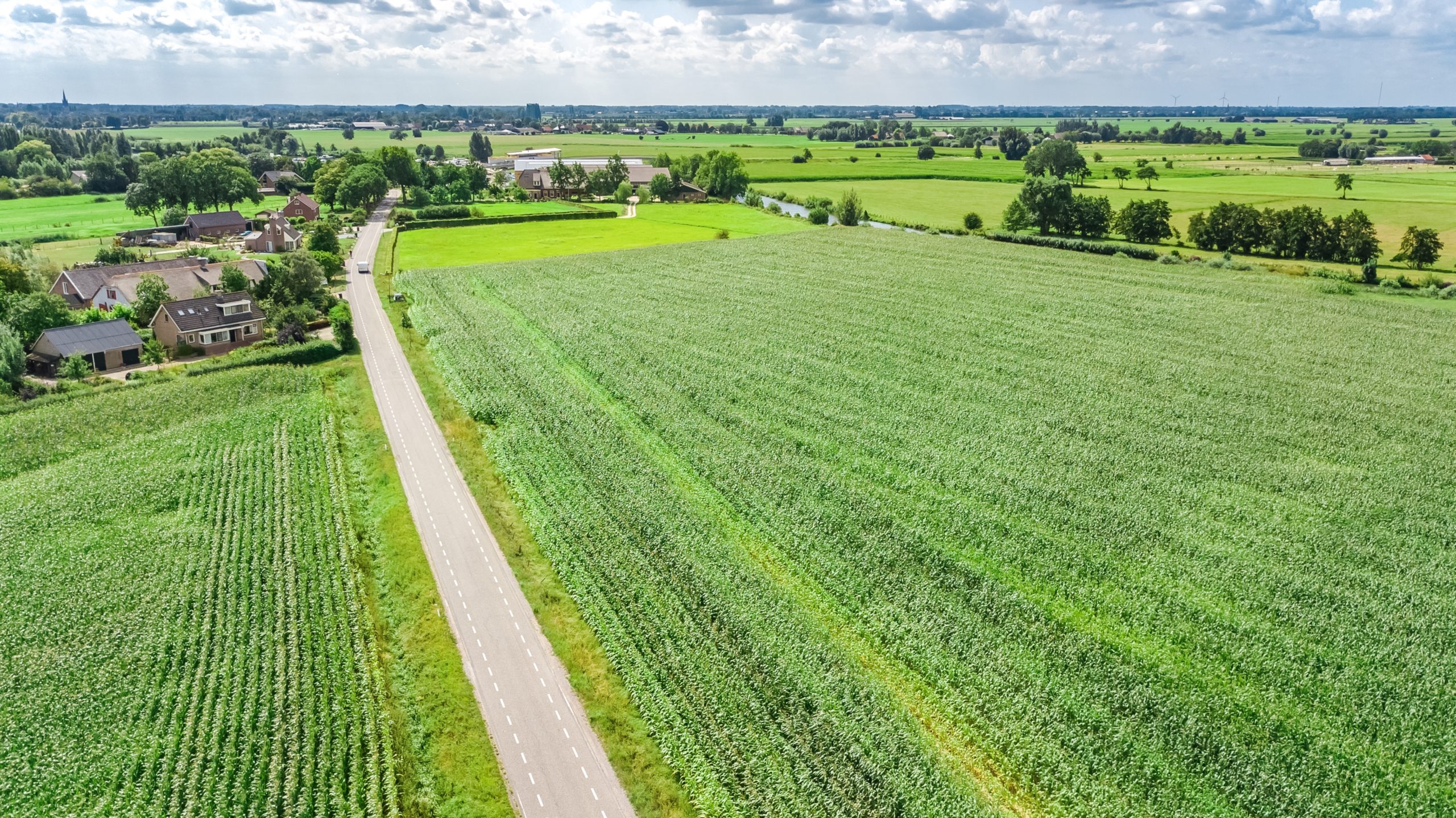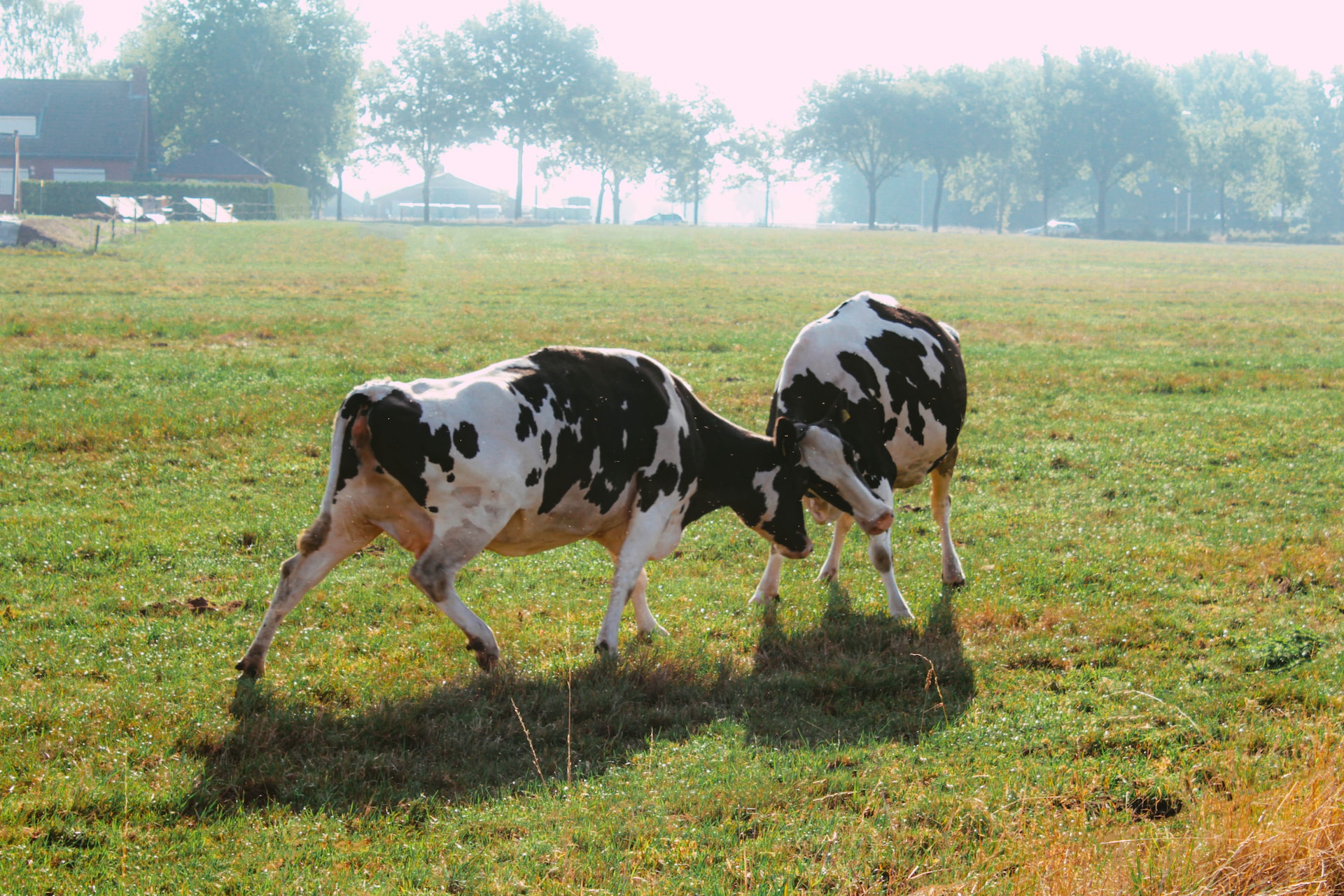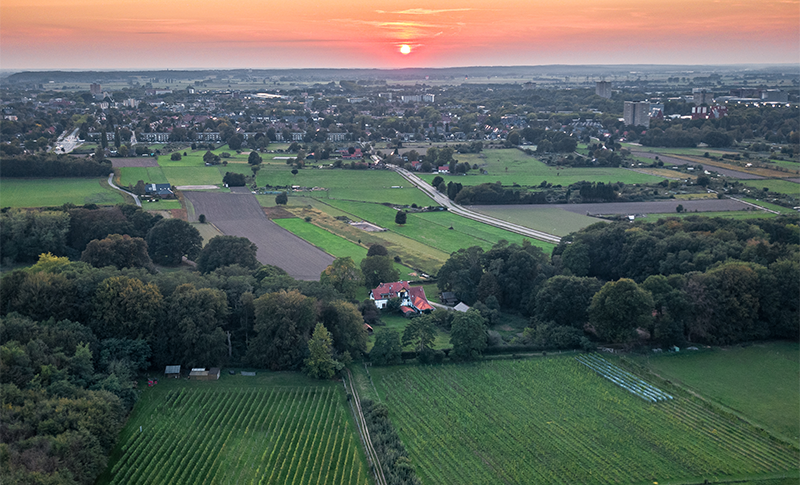‘This event will not turn into an agriculture agreement 2.0’, facilitator Simone Ritzer says jokingly at the kick-off of the Dilemma Dialogue. Nonetheless, towards the end of the event, the participants felt a new version of the agriculture agreement wasn’t a bad idea at all, albeit without government steering. ‘Can’t WUR play a part?’
A mixed group (see box) was invited by WUR to join the Dilemma Dialogue in Omnia on 11 March. The approximately 140 guests were stakeholders in the Dutch agricultural, food and nature sectors, ranging from NGO employees to local administrators and individual farmers. The goal was to find new perspectives for the future together and with the team behind the renowned Dilemmas document bearing the official title ‘WUR perspectives on agriculture, food and nature.
It appeared to be the umpteenth initiative in what has become a long list of meetings, dialogues, debates and so forth. More talking, more discussing, and still no concrete answers. This was partly true; this Monday afternoon in Omnia did not yield a concrete solution to escape the deadlock, to the disappointment of some. ‘Honestly, I wonder. We are at the heart of agricultural knowledge; the dialogue on these issues has been carrying on for quite some time, and still, we are clueless.’
Steering, but by whom?
Still, there were some positive notes as well. ‘I noticed we have many opinions in common, while the guests are varied. The differences aren’t all that big. The fact that implementation fails has to do with a lack of steering, in my opinion.’
All those present agreed that government steering is sorely needed, but no one appeared to feel that the government would rise to the occasion. ‘A strong government brave enough to take the lead and make clear decisions would be great, but I don’t see that happening. So, what are we going to do: wait until the government finally steps up, or are we going to do it ourselves?’
That discourse led to the suggestion that the researchers behind the Dilemma document should also focus on the key issue of how to set about achieving the necessary changes. ‘The governance aspect, so to speak. How can you ensure that changes are not only initiated but can also withstand the occasional bump in the road?
Renewed attempt
That contribution received support. ‘Making decisions sounds good, as it at least provides clarity, for a while’, said one member of the audience. ‘But after that, you will doubtlessly get stranded in social processes again. Hence, I call for a new attempt at an agriculture agreement. The first round failed, but perhaps a new attempt wil be successful.’ This suggestion was met with abundant nods of approval. ‘But with a lesson learned because, in the previous talks on an agriculture agreement, there were no rules. And rules are needed to achieve results. I call on Wageningen to give this some thought.’
This was not the only appeal made to WUR. ‘There is much talk of how disappointing it is that the discussions on the agriculture agreement were stopped. Why don’t we start again with a different initiator than the government? Perhaps WUR could take the lead? There is a widespread sense of impatience. Let’s start working with those who want to get something going, even if it is just at a local or regional level, if a national approach is not an option. We have been in this deadlock for so long; we want to get out!’
Leads
Ernst van den Ende, one of the initiators of the Dilemma document, wrapped up the event. ‘I heard a mixture of disappointment and impatience this afternoon, which I recognise. I, too, feel that WUR, as a knowledge institute, must address this debate from which everyone seems to be running. We must feed it with the knowledge we have. Yes, it is still a search for answers, and decisions are still to be made. But I also see how WUR and the knowledge we have can contribute to these decisions being made. Many choices and dilemmas are interlinked, and we are trying to provide insight through, for example, serious games or through a decision advice-like application. What happens when you move sliders? This can help in making the correct decisions.’
WUR organised the Dilemma Dialogue according to the so-called Chatham House Rules, meaning that the participants are free to communicate what was said but not by whom. These conditions also apply to Resource, which is why the statements in this piece are not attributed to those who made them, with the exception of Ritzer and Van den Ende.
Four times different
To kick off the dialogue, four different organisations shared their views on the six dilemmas in the WUR report: the Association of Young Farmers (Agrarisch Jongeren Kontakt), supermarket organisation CBL, World Wide Fund for Nature (WWF-NL) and the Food Transition Coalition. The breakout sessions then focused on shared interests and underlying values.

 Photo: Shutterstock.
Photo: Shutterstock. 
